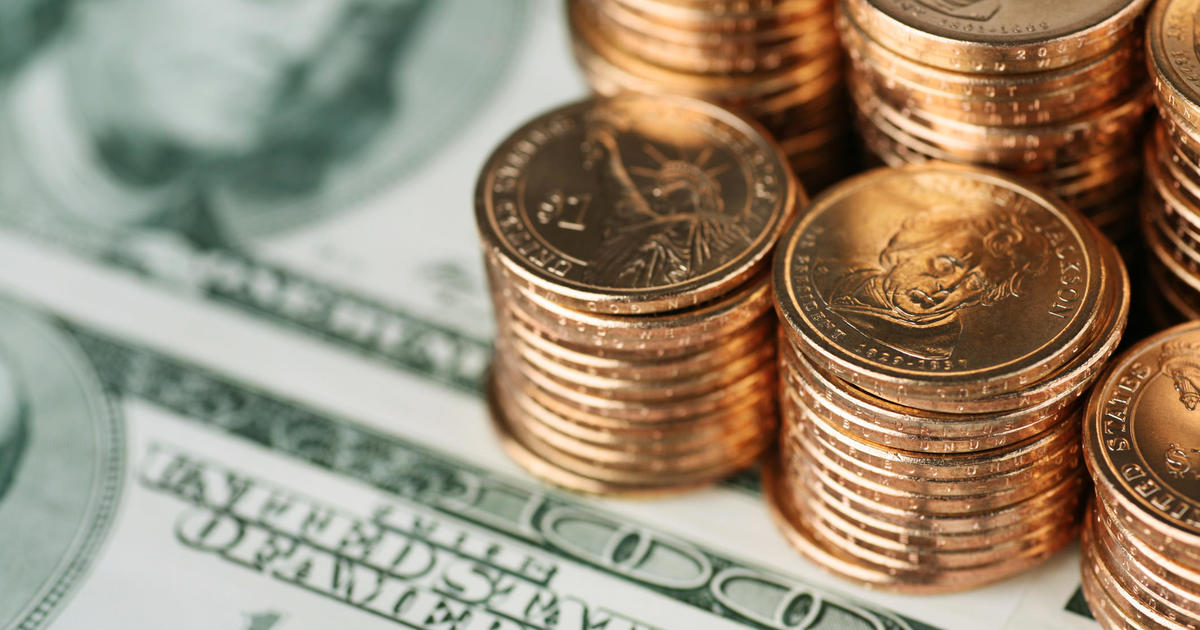Can't get your hands on hand sanitizer? Make your own
Hand sanitizer is flying off store shelves in the U.S. as individuals and businesses stock up on supplies to protect them against coronavirus infection.
Public health experts advise that cleaning your hands with either soap and water, or an alcohol-based solution, is one of the best ways to avoid infection — guidance the public appears to be heeding. Consumer demand for hand sanitizers has soared 1,400% in recent weeks, according to retail industry data. Some sellers are limiting the number of containers customers can buy per visit, while others are jacking up their prices in stores and online.
Thankfully, experts have a feasible solution for consumers who can't find the personal disinfectant in stores: Make your own.
"Homemade hand sanitizers are just as effective as what you buy as long as you use the right percentage of alcohol," CBS News contributor Dr. David Agus told CBS MoneyWatch. "This is a good way to get around people price-gouging for Purell."
Do-it-yourself sanitizers must contain at least 60% alcohol, by volume, to work, Dr. Agus said. Isopropyl alcohol (better known as rubbing alcohol) or ethanol are both suitable varieties, experts told CBS MoneyWatch. Other doctors recommend using at least 90% alcohol to ensure the hand-made sanitizer is strong enough and to avoid any risk of diluting the compound if other ingredients are added, such as aloe vera.
"If you make it well, it's about as effective as using soap and water," said Dr. Stephen Morse, a professor of epidemiology at Columbia University in New York. "We know it works — just make sure it has enough alcohol in it."
Adding aloe vera will make it easier to apply to the skin and add thickness. And stirring in a few drops of an essential oil, such as lavender, will give the mixture a pleasing fragrance — so users don't smell like rubbing alcohol around the home or office.
Here's a list of required ingredients to make your own hand sanitizer:
- 2/3 cup of rubbing alcohol
- 1/3 cup aloe vera gel
- 5-10 drops of essential oil (optional)
- Mixing bowl
- Spoon
- Funnel
- Two-ounce spray bottle or liquid soap container
- Masking tape and pen or marker for labeling the container (or adhesive labels)
Directions: Pour the alcohol and aloe vera in a bowl and stir until blended. Add several drops of essential oil and stir to help mask the smell of alcohol. Use the funnel to pour the eight ounce mixture into containers, then affix the strips of marked masking tape (or adhesive labels) to identify the bottles' contents.
Hand sanitizer doesn't kill all viruses, but it is effective against the coronavirus, Dr. Agus explained. The virus is protected by a shell, called an "envelope glycoprotein," which the alcohol scrambles. "When you take away the protective part of the virus, it dies pretty quickly," he said.
While soap and water is also effective against the virus, hand sanitizer is often more convenient. "We are a lazy society — no one wants to sit around for 20 seconds and wash their hands," Dr. Agus said.
Plus, sinks are usually located in bathrooms, requiring users to touch a doorknob — and risk becoming reinfected — to exit. Eventually, the necessary ingredients to make hand sanitizer could end up in short supply. Until then, "Quick-fix sanitizers do work," according to Dr. Agus.
Dr. Sanjay Maggirwar, professor of microbiology at George Washington University, said homemade sanitizers can last weeks if they are properly stored in closed bottles.




